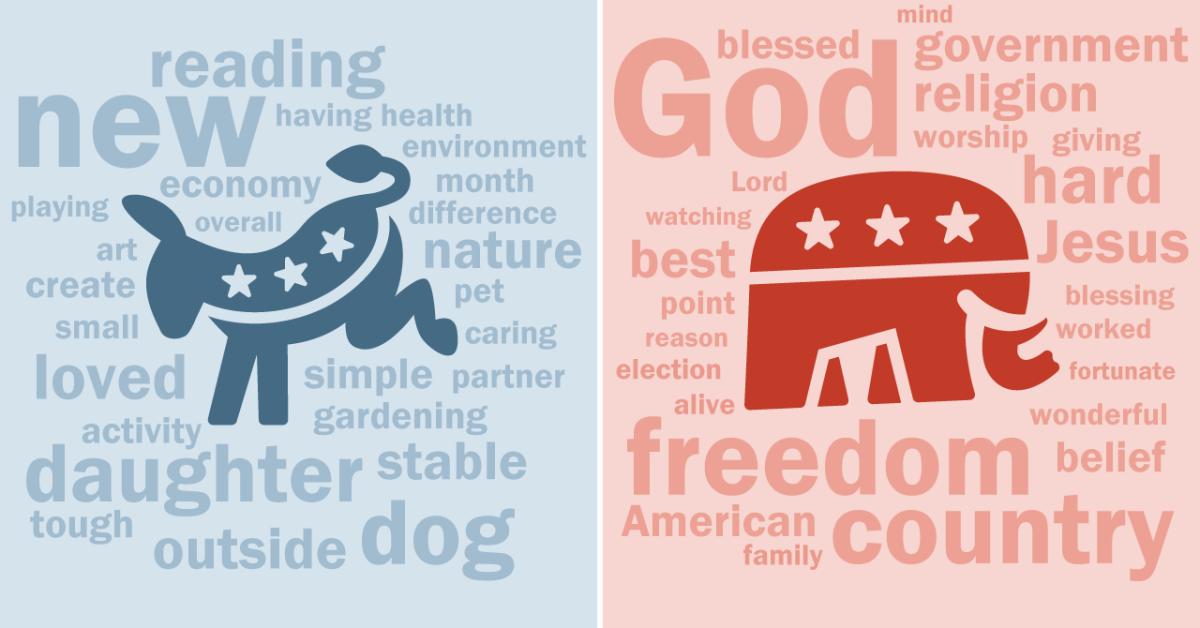The Guardian, more often fondly known as the Grauniad for the quality of their copyediting and proofing, has proposed using a “truth sandwich” whenever reporting on Trump. That is, they report the truth, then report what Trump said, then repeat the truth, which presumably contradicts him.
Friend Xerxes, uncharacteristically for a leftist, objects. The problem is, he is a trained and experienced journalist.
And the Grauniad proposal is a brazen violation of journalistic ethics.
All politicians lie; it comes with the job. The job of a journalist, on the other hand, is to doubt everyone. It is deeply corrupt that a journalist would treat Trump differently than other politicians. We rely on reporters to report, not comment. Opinon is for the editorial page.
The proper approach, of course, if some controversial assertion is made, is to seek and quote a spokesperson from the other side. It is not permissible for the referee to stride to the centre of the ring in the middle of a round and throw a sucker punch.
Sophie Zeldin-O'Neill, the editor recommending the practice, asks otherwise “how to responsibly cover him [Trump] without unwittingly providing the coverage he so expertly manipulates.”
Strip that partial sentence down to plain language: “how to cover Trump without giving him coverage.” In other words, how, as a journalist, to do your job without doing your job.
She laments that Trump tries to use media to his advantage. Just like every other successful politician or campaign manager who ever lived. And every successful company or organization of any kind. If he does it better than others, that warrants admiration, not subversion.
Xerxes ponders one possible cause for this wholesale abandonment of journalistic ethics. That it is necessary because we now live in “a time when a lie could go viral. When a single inaccurate assertion could go without contradiction to 7.62 billion smart phones.”
We do not live in such a time. Our time is the opposite: a world in which no statement any longer can go forth without risking contradiction by 7.62 private individuals with smart phones, each of which gives them a printing press, a broadcasting studio, and a 7.62 billion-person reach. Lies can no longer go halfway the world, as Mark Twain once lamented, before the truth could get its boots on. Now the truth will show up within seconds; it will be the next triumphant tweet.
The Nazi success with their “big lie” technique depended on being able to control the media. That is no longer possible; although big tech companies and governments are fighting a rearguard action.
So why the unprecedented need to police Trump’s speech? It cannot be because he lies. It can only be because he speaks the truth.
But the attempt to silence him is surely doomed to fail. Truth can no longer be suppressed by silencing any one man. Governments and big tech are trying so hard they are getting blatant, as in this Guardian piece, about it. There are too many smart phones out there. People now hear and see immediately, for example, the riots in Guangdong or Shiraz.

















.jpg/330px-The_Black_Rock_Irish_Commemorative_Stone%2C_Montreal%2C_2017_(cropped).jpg)






:format(webp)/https://www.thestar.com/content/dam/thestar/news/gta/2022/06/10/did-you-see-torontos-spectacular-rainbow-sunset-and-cotton-candy-skies-share-your-pix-with-us/rainbow.jpg)